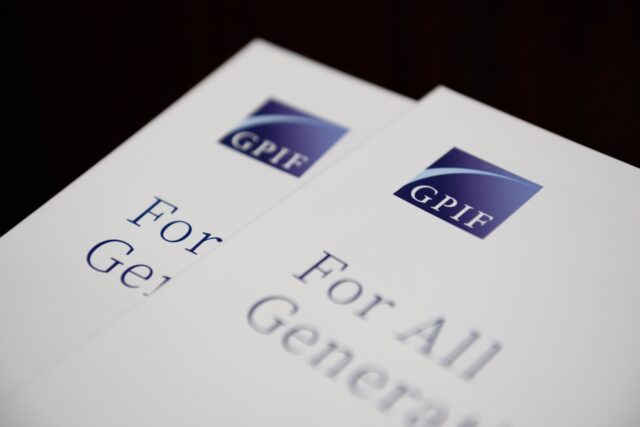US. As Gen Xers Inch Toward Retirement, They’re Considering Where to Live
When they were raising their four children, Billy and Erin Shipley had space for their family to grow: a two-story, five-bedroom house in Sugar Land, Texas, with a large yard and a pool. But as the children became adults and moved out, the second floor was deserted and maintaining the lawn and pool became a burden. Like many members of Generation X facing an empty nest, the Shipleys decided to look for a home better suited to their needs where...










